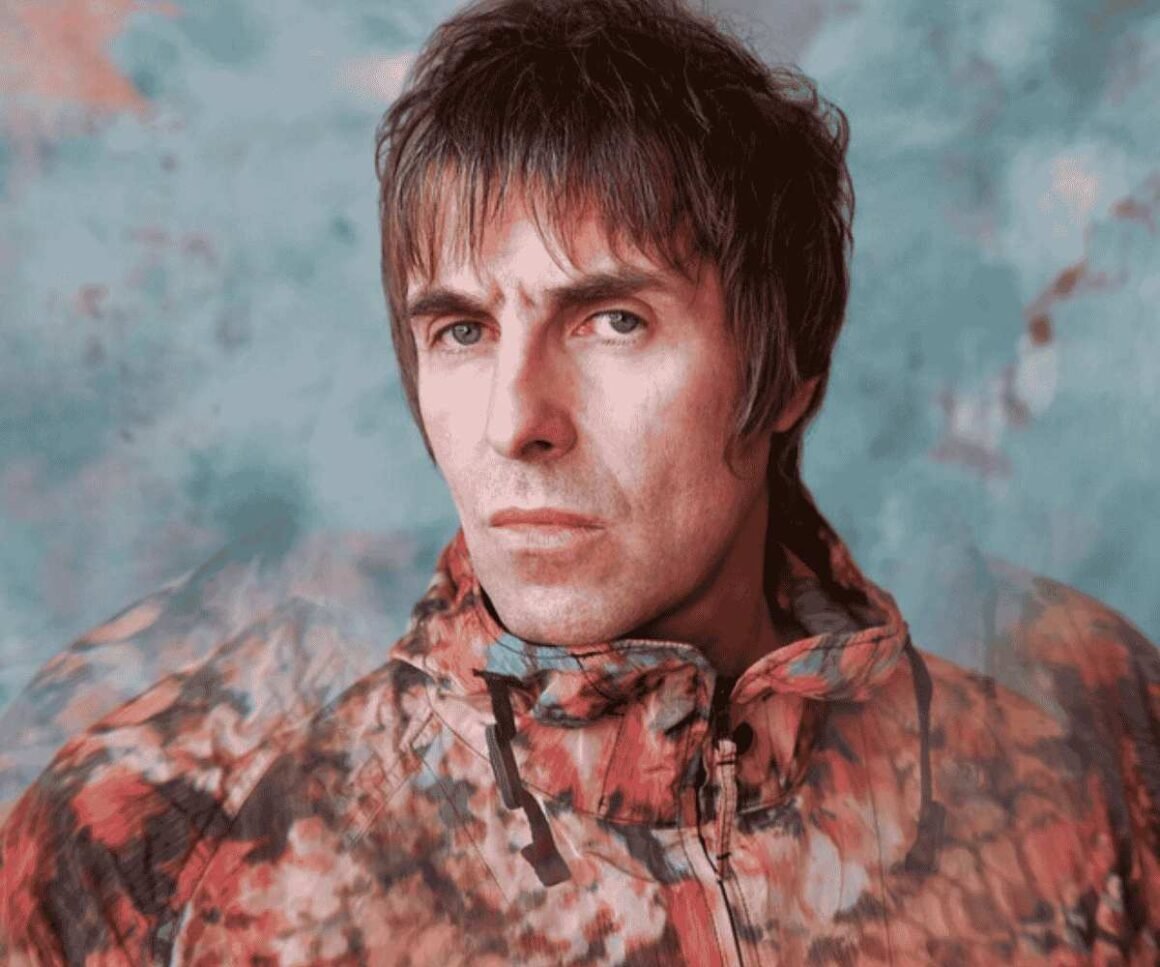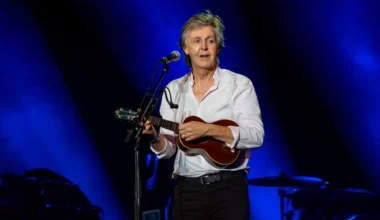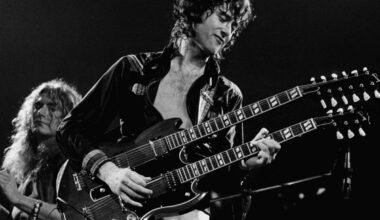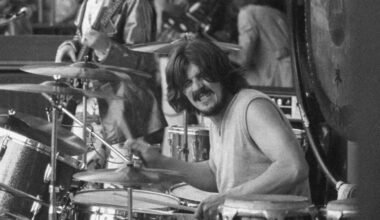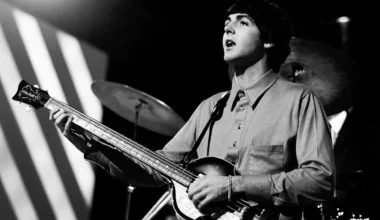It’s hard to capture the frenzy surrounding Oasis in the late 1990s.
While the decade had already seen Nirvana’s Kurt Cobain reveal the darker side of fame, Oasis—led by the brash and confident Liam Gallagher—offered something different.
They exuded a sense of defiance, encouraging people to believe they could conquer the world if they dared.
Their music paid heavy homage to the 1960s, but in Liam’s eyes, Oasis, along with two of their Britpop peers, were the true heirs to the legendary bands they idolized.
From the start, it was clear where Oasis drew their inspiration. The influence of John Lennon and Paul McCartney was unmistakable, woven into their DNA from their earliest songs.
But Britpop was more than just a nod to the British Invasion; it was about making something new while respecting the past.
Take Richard Ashcroft of The Verve, for example. His work wasn’t just riding on the coattails of the 1960s—it was an exploration of psychedelic soundscapes that felt fresh.
Despite the infamous legal dispute with The Rolling Stones over Bittersweet Symphony, the song became one of the decade’s defining tracks, with Urban Hymns delivering other gems like ‘The Rolling People’ and ‘Lucky Man.’
Meanwhile, Ocean Colour Scene carved their own niche within Britpop, standing out through pure songwriting power.
Though they might not have reached the heights of Noel Gallagher’s Oasis, albums like Moseley Shoals skillfully blended Britpop’s core with influences ranging from The Jam to singer-songwriters like James Taylor, creating a unique sound that resonated with fans.
At their peak, it wasn’t just about crafting great songs; it was about proving that music about everyday people could still top the charts and make a difference.
When The Verve, Oasis, and Ocean Colour Scene all found themselves occupying the top spots in the charts, Liam Gallagher knew they had become the modern answer to the British Invasion of the 1960s.
In Forever the People, writer Paolo Hewitt recalls a moment from Oasis’ Be Here Now tour that captures Liam’s sentiment.
After a show, Ocean Colour Scene’s bassist, Damon Minchella, mentioned that The Verve’s new album was about to hit number one, meaning the top three albums in the UK would belong to The Verve, Oasis, and Ocean Colour Scene.
Liam’s response? “It’s like the 1960s—Beatles, Stones, and The Who.”
While Oasis naturally took the role of The Beatles, The Verve embodied The Who’s grand vision.
Richard Ashcroft’s approach to music mirrored Pete Townshend’s artistic ambition, particularly in creating sweeping, thoughtful records like Who’s Next.
As for Ocean Colour Scene, their relentless touring and resilient spirit earned them a comparison to The Rolling Stones, blending elements of Bowie’s grandeur into their evolving sound.
Oasis may have been the face of Britpop, but they were not alone. The Verve and Ocean Colour Scene were right there with them, shaping the soundtrack of the 1990s.
And though the garage rock movement, with bands like The Strokes and The White Stripes, was on the horizon, for a moment, it seemed like the 1960s had returned in all its rebellious glory.

